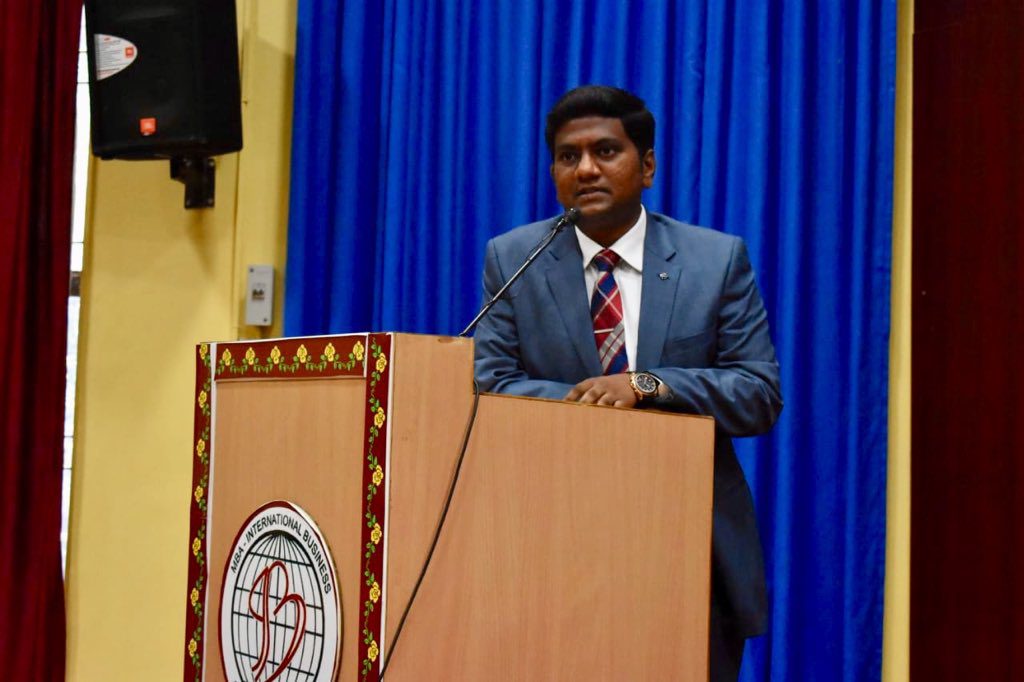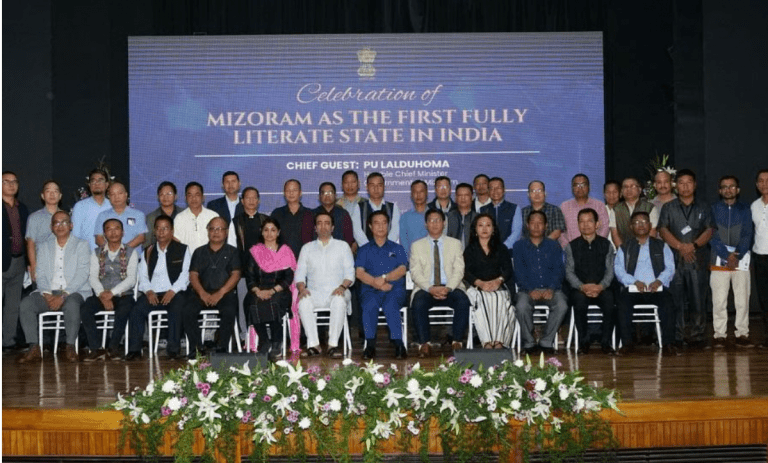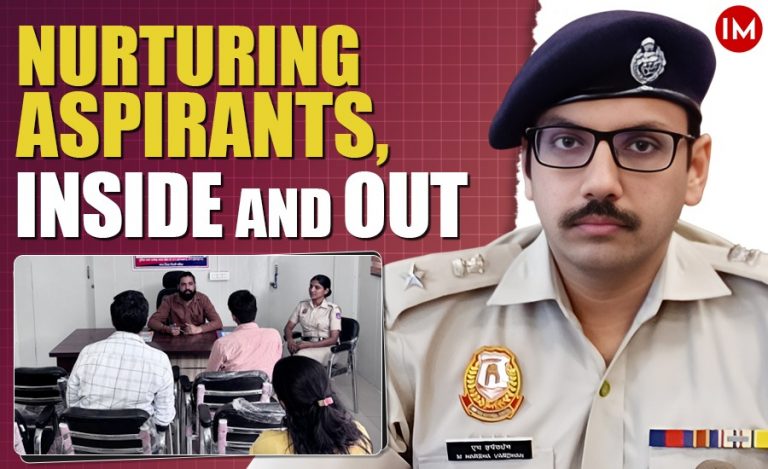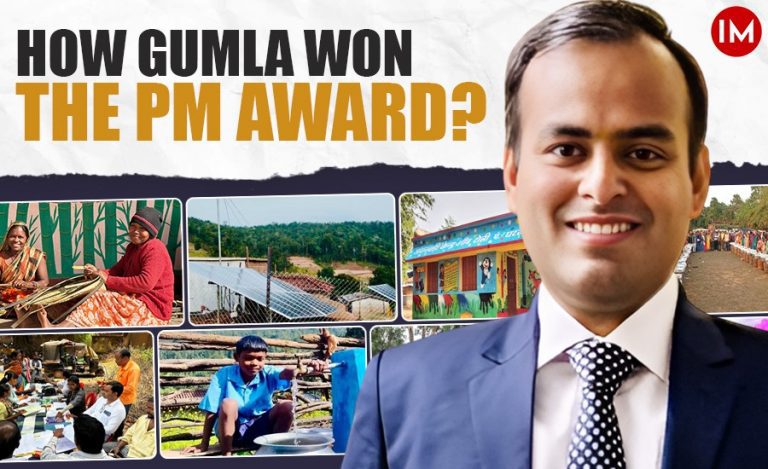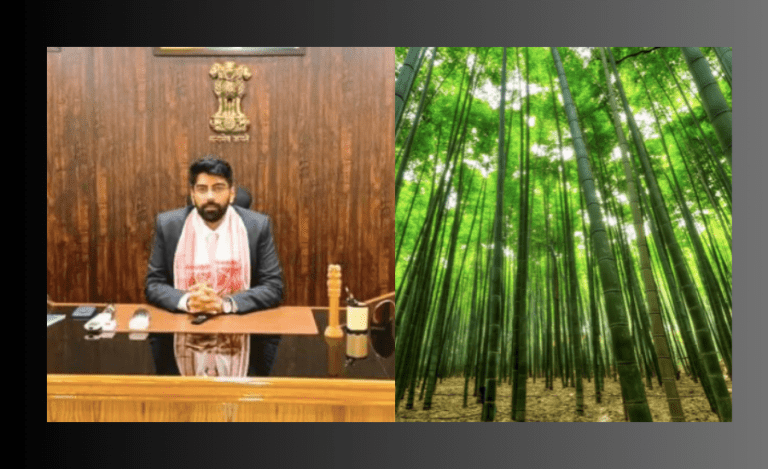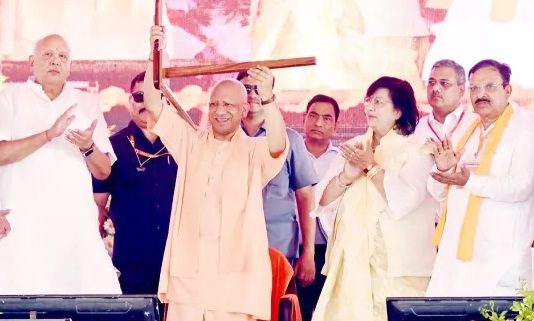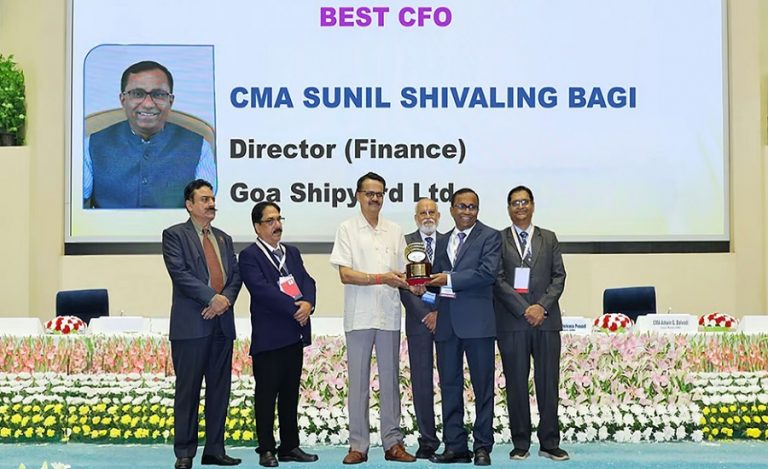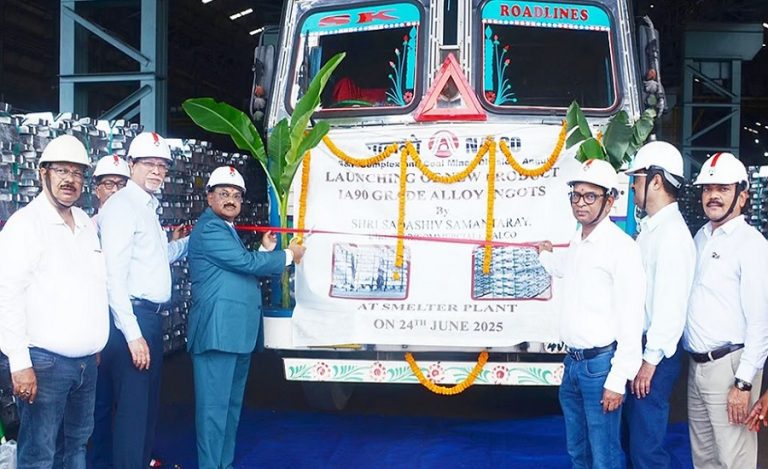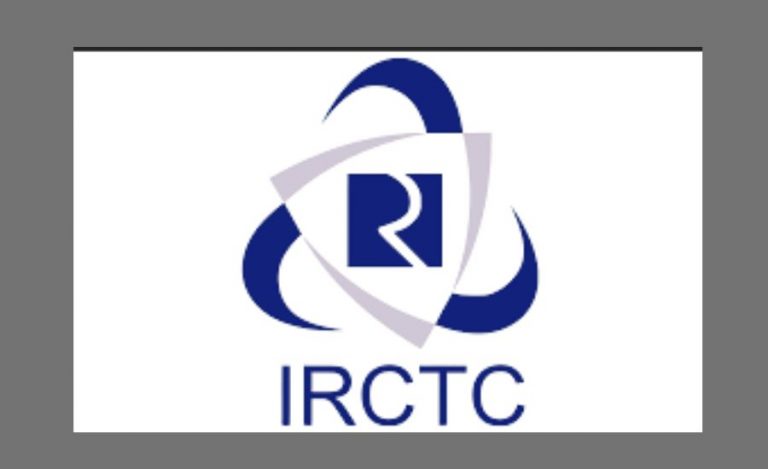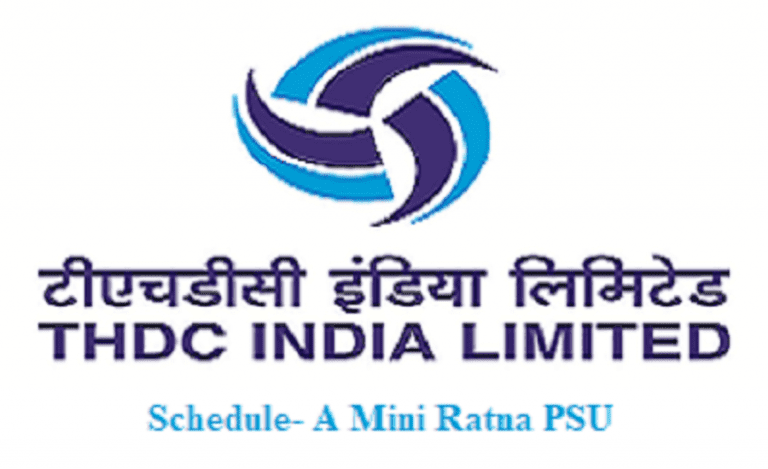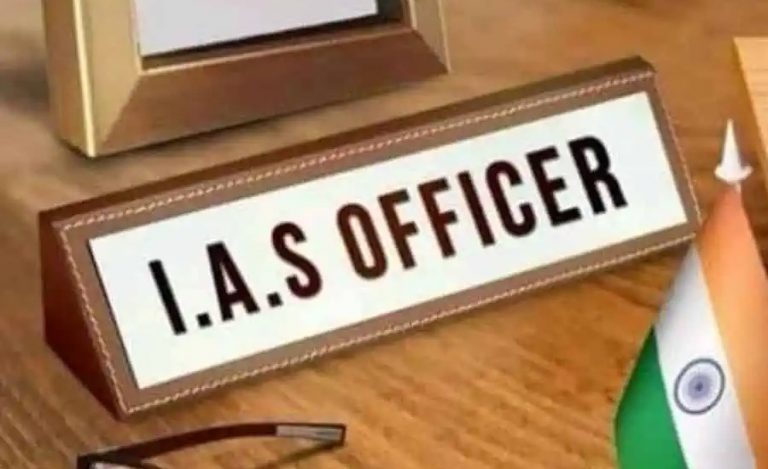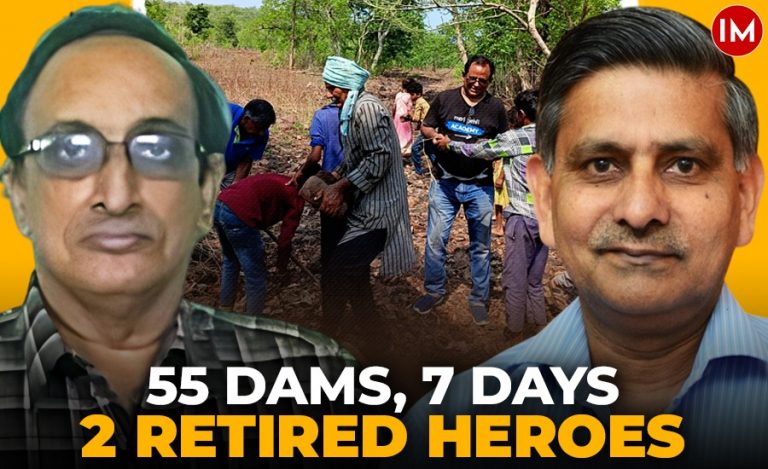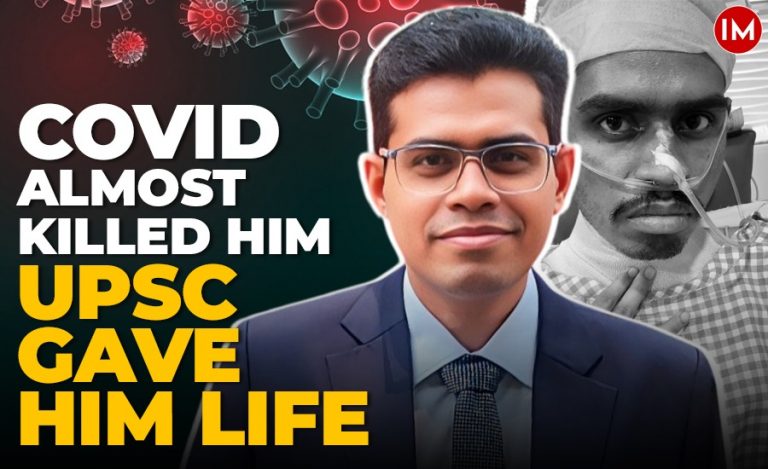East Kameng in Arunachal Pradesh is one of the most picturesque locations in the country. But being situated on the frontiers has its disadvantages, too. There are no industries, and the population largely depends on agriculture. Yet, the irony is, they do not grow enough vegetables because of high rainfall and is dependent on neighbouring state Assam for the supply.

Even this supply gets disrupted during March-October because of frequent landslides resulting in road blockages. The Covid-19 pandemic and lockdowns contributed to the problem. Nobody had any idea how to solve this problem of short supply of vegetables.
But that was until Mr. Pravimal Abhishek took charge as District Collector of East Kameng district. The AGMUT cadre officer took the help of local SHGs and made the district self-sustainable in vegetables. Indian Mastermindsspoke to the officer to know how he brought about this change.
KITCHEN GARDEN INITIATIVE
Talking to Indian Masterminds Mr. Abhishek said, “The inter-state transportation was limited during lockdown enhancing our worries. But then difficult times make you stronger to fight the odds and achieve your target. We also kept moving with this in mind.”

Six months down the line now every house in East Kemang has its own kitchen garden. Cumulatively, the land used for this use is around 500 hectares of land. Mr. Pravimal mobilized all the SAGs in the district and moved to achieve self-sustainability and started his mission called ‘Hummer Khet, Hummer Bacche’.
“We sought help of state Livelihood Mission, Agriculture department, Horticulture department and scientists. The women here are very hard-working. We formed a team and trained them in farming techniques so that they could grow more in small areas. With hard work and perseverance, we got the best results. Now I can proudly say that East Kameng is self-reliable for its vegetables,” he added.

The main task was to procure good quality of seeds available for farming. Under Mr. Abhishek’s guidance, his team successfully got the best seeds from the Indian Horticulture Institute (IHI), Bangalore. He says that it wouldn’t be possible if his friends in Railways hadn’t come forward to help. First the seeds were brought to Guwahati, and from there, by trucks to East Kameng.
Next on Mr. Abhishek’s list is cultivation of the best quality oranges in the district. Currently, they get around Re 1. to Rs. 1.5 lakh from 1 hectare field of oranges. He is helping the farmers to learn various techniques to double their earnings.
MAKING USE OF HIS ENGINEERING DEGREE
The officer who comes from a humble background of Andhra Pradesh is an alumnus of IIT-Madras. Before joining the IAS, he secured a rank for IPS but didn’t go for the training. “Since my college days, I was motivated to do something to make a change. We had formed a student club and had adopted two villages. While working for them, I decided to go for civil services,” he said.
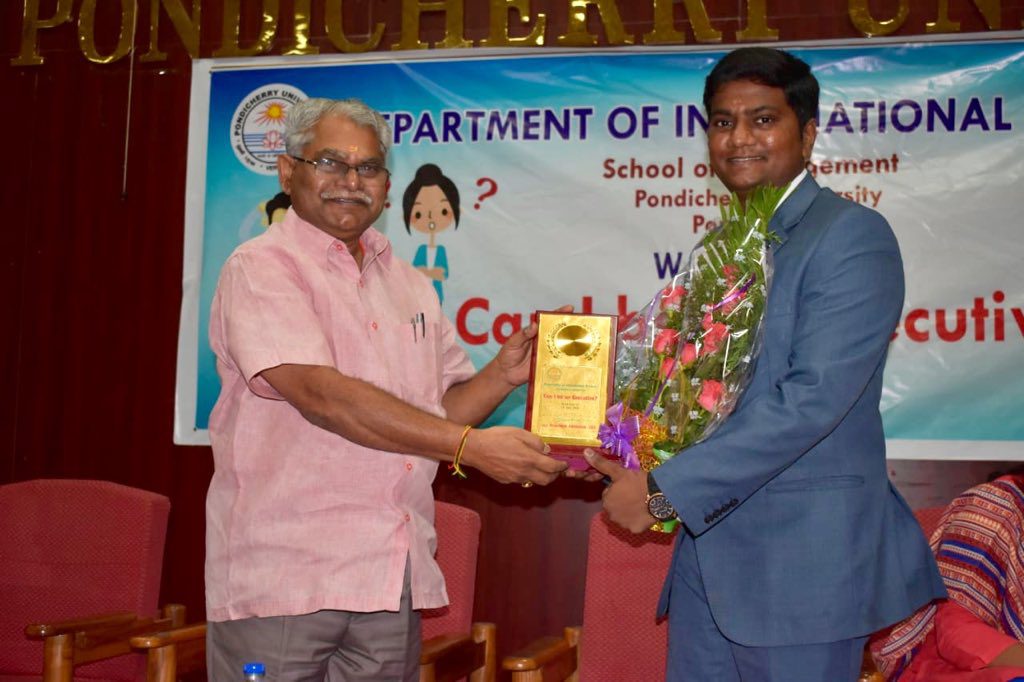
He didn’t opt for the IPS because he thought that the scope for work would be limited only to maintenance of law and order. “It won’t serve my purpose. So, I dropped this idea before the training and went for the preparation all over again,” he added.
Before East Kameng, Mr. Abhishek was posted as the Municipal Commissioner and CEO of Smart City Itanagar. He also served in Puducherry and the Union ministry of Coal before coming to Arunachal Pradesh.
Having an engineering background helps in his current career field. “I was a mechanical engineer before coming to civil services. I might have forgotten the theories I studied, but I clearly remember the job of an engineer – to find solutions to problems. As an IAS officer, I want to continue with this thought. I will be proud to solve as many problems as I can of our people.”

